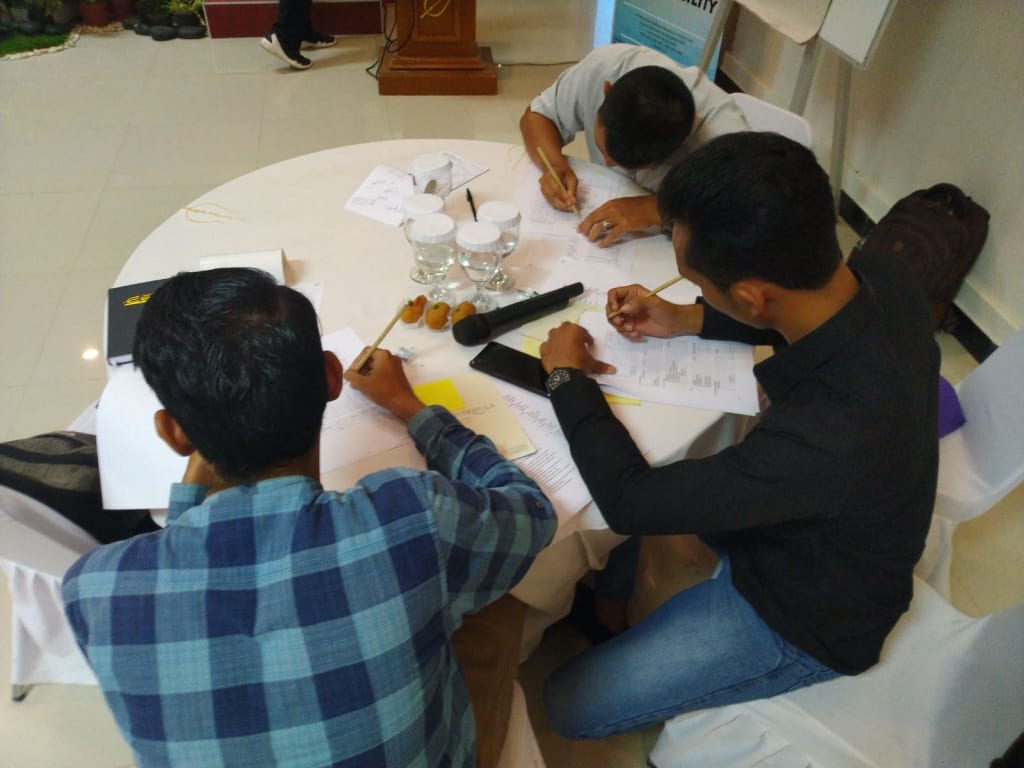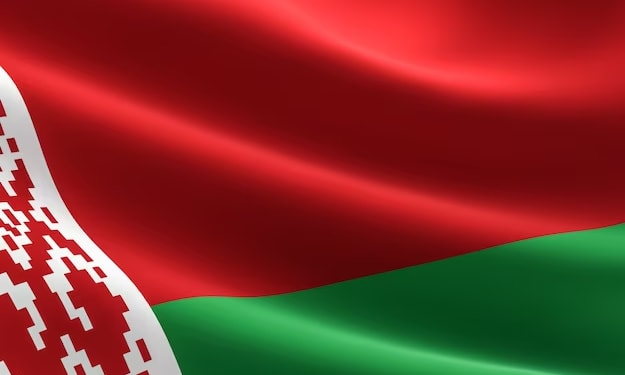Liberté, Egalité, Fraternité: The Enduring Legacy of Revolutionary Ideals in Workplace Culture
Exploring the Historical Significance and Contemporary Relevance of the French Motto in Corporate Environments

The motto "Liberté, égalité, fraternité" has its origins in the tumultuous period of the French Revolution, which lasted from 1789 to 1799. The revolution was a transformative period in French history, marked by profound political, social, and cultural upheaval, as the people of France sought to overthrow the monarchy and establish a republic based on principles of liberty, equality, and fraternity.
The concept of liberty (liberté) was a central tenet of the revolution, reflecting the desire of the French people to free themselves from the oppressive rule of the monarchy and the feudal system. The revolutionaries advocated for individual freedoms, such as freedom of speech, religion, and assembly, as well as political liberties, including the right to participate in government through representative institutions.
Equality (égalité) emerged as another fundamental principle of the revolution, challenging the entrenched social hierarchies and privileges of the ancien régime. The revolutionaries sought to abolish feudal privileges, such as the aristocracy's exemption from taxes, and promote equality before the law for all citizens. The Declaration of the Rights of Man and of the Citizen, adopted by the National Assembly in 1789, proclaimed that "Men are born and remain free and equal in rights."
Fraternity (fraternité) completed the trinity of revolutionary ideals, emphasizing the importance of solidarity and unity among the citizens of France. The concept of fraternity reflected the revolutionary belief in the common humanity and shared destiny of all people, transcending divisions of class, religion, and region. Fraternity was seen as essential for the success of the revolution and the establishment of a just and harmonious society.
The motto "Liberté, égalité, fraternité" gained prominence during the revolution as a rallying cry for the revolutionaries and a symbol of their aspirations for a new social order based on democratic principles and human rights. It appeared on banners, coins, and official documents, serving as a reminder of the revolution's ideals and values.
Although the French Revolution ultimately descended into violence and chaos, with the Reign of Terror and the rise of Napoleon Bonaparte, the motto "Liberté, égalité, fraternité" endured as a lasting legacy of the revolutionary era. It became enshrined as the national motto of France, symbolizing the country's commitment to liberty, equality, and fraternity, and inspiring movements for social justice and democracy around the world. Today, the motto remains a powerful symbol of the enduring struggle for freedom, equality, and solidarity.
In the contemporary landscape of corporate culture, the timeless ideals encapsulated by the French motto "Liberté, égalité, fraternité" serve as guiding principles, steering organizations towards the creation of inclusive and empowering workplaces.
At the heart of these principles lies liberté or liberty, which champions the idea of granting employees the autonomy to express themselves freely and make decisions within their roles. This freedom fosters a culture of innovation and creativity, as individuals feel empowered to explore new ideas and approaches without fear of repercussion. Moreover, it instills a sense of ownership and accountability, as employees take pride in their contributions and feel responsible for the outcomes of their work.
Parallel to the notion of liberty is the principle of égalité or equality, which emphasizes the importance of fairness and justice in the workplace. Organizations committed to this principle strive to create environments where every employee, regardless of their background or identity, is treated with respect and provided with equal opportunities for growth and advancement. This involves implementing policies and practices that promote diversity and inclusivity, ensuring that meritocracy prevails over biases or favoritism. By fostering a culture of equality, organizations not only enhance employee morale and engagement but also tap into a diverse range of perspectives and talents, driving innovation and success.
Furthermore, the spirit of fraternité or fraternity underscores the importance of fostering a sense of camaraderie and collaboration among coworkers. In workplaces characterized by fraternity, individuals see each other as allies rather than competitors, working together towards common goals and supporting one another in times of need. Leaders play a crucial role in nurturing this sense of solidarity by leading with empathy, humility, and inclusivity. They set the tone for the organization, modeling respectful and cooperative behavior, and fostering an environment where teamwork and mutual support thrive.
Beyond its moral imperative, embracing the motto "Liberté, égalité, fraternité" also yields tangible benefits for organizations. Research has shown that companies with diverse and inclusive workplaces outperform their counterparts in terms of innovation, productivity, and financial performance. By prioritizing freedom, equality, and fraternity, organizations not only uphold ethical standards but also position themselves for long-term success in an increasingly competitive global market.
In conclusion, the principles embodied by the motto "Liberté, égalité, fraternité" offer a timeless blueprint for creating thriving and resilient workplaces. By championing freedom, equality, and fraternity, organizations can foster cultures of innovation, inclusion, and collaboration, driving both individual and collective success.
About the Creator
Dimas Seti Aditya
I am an insightful writer, delving into human behavior with empathy and depth.
My diverse interests shine through in engaging storytelling that inspires growth.
Enjoyed the story? Support the Creator.
Subscribe for free to receive all their stories in your feed. You could also pledge your support or give them a one-off tip, letting them know you appreciate their work.





Comments
There are no comments for this story
Be the first to respond and start the conversation.